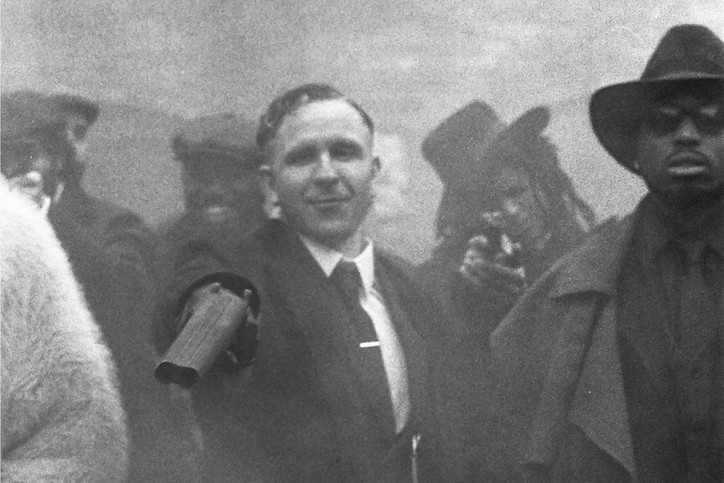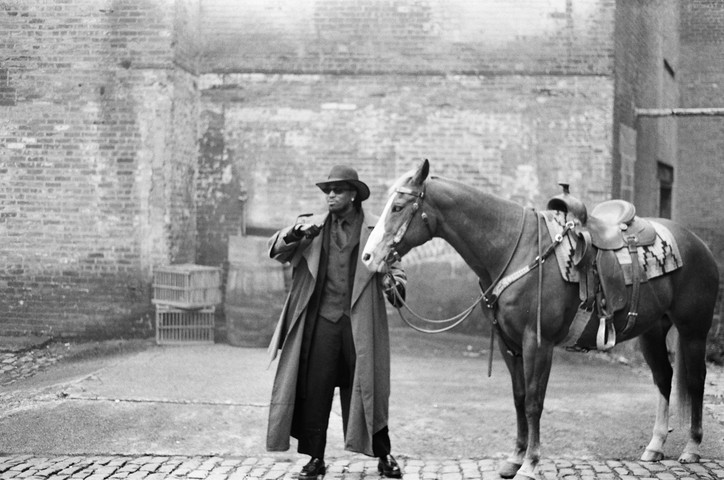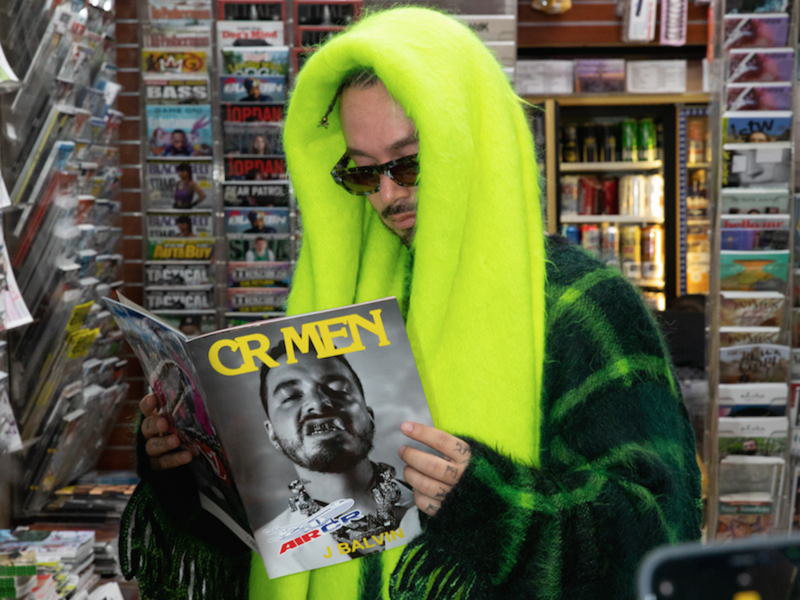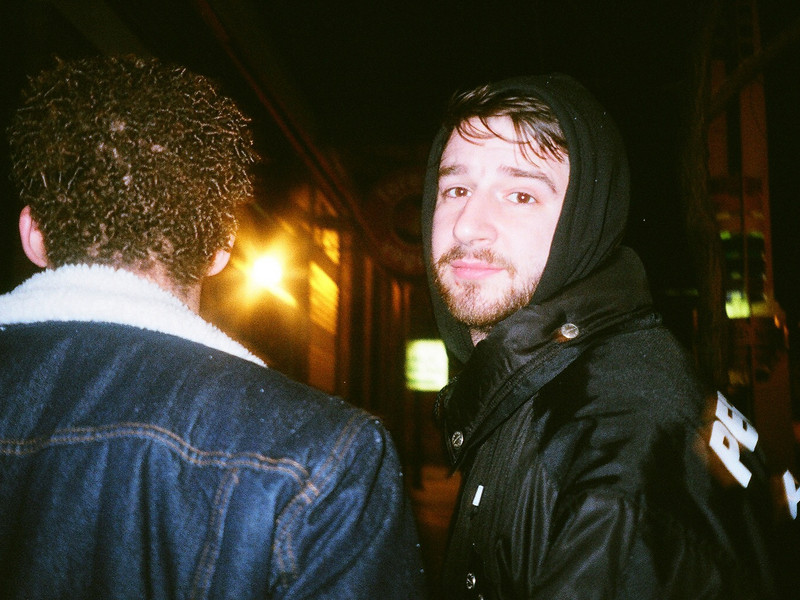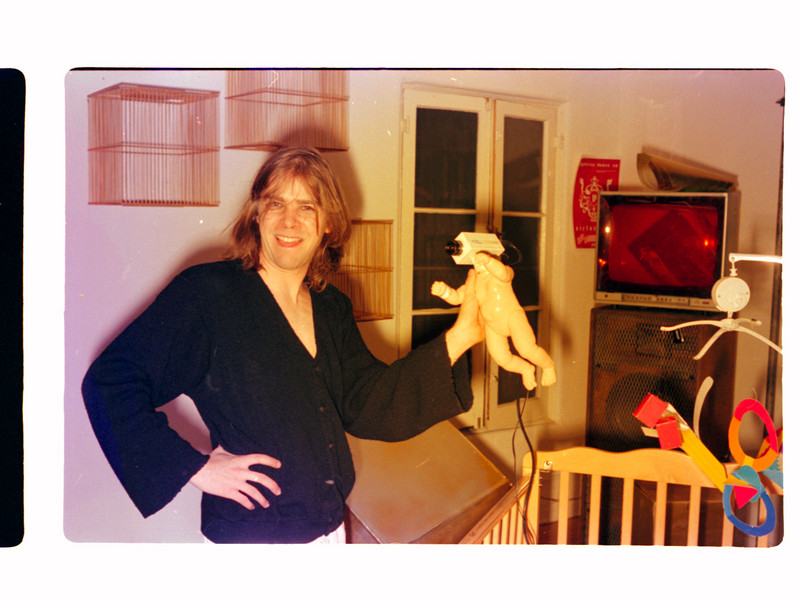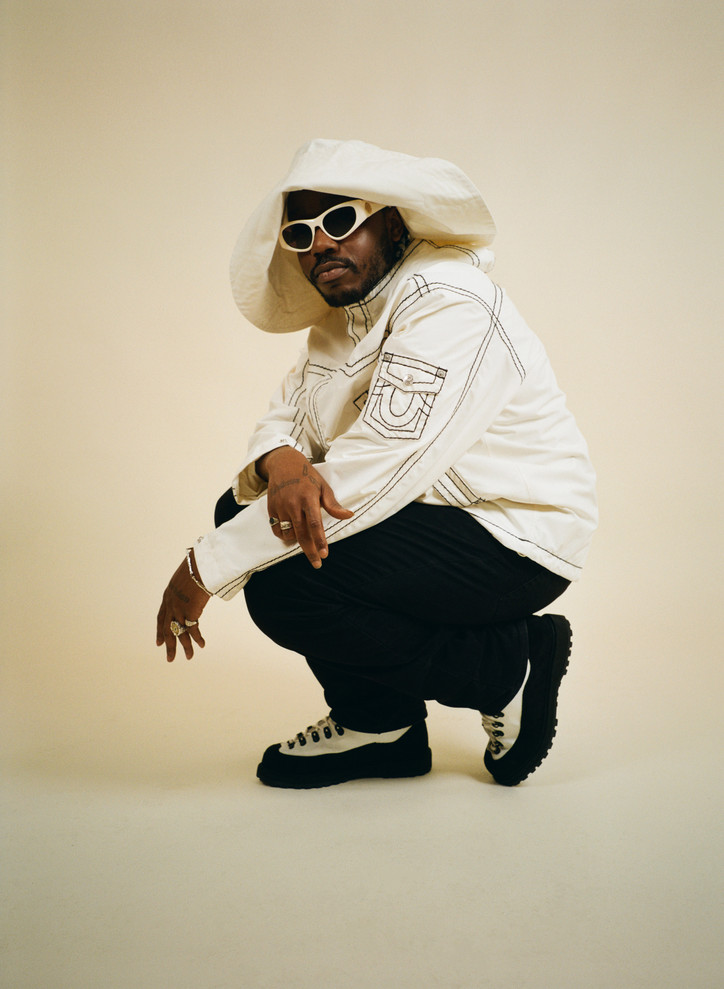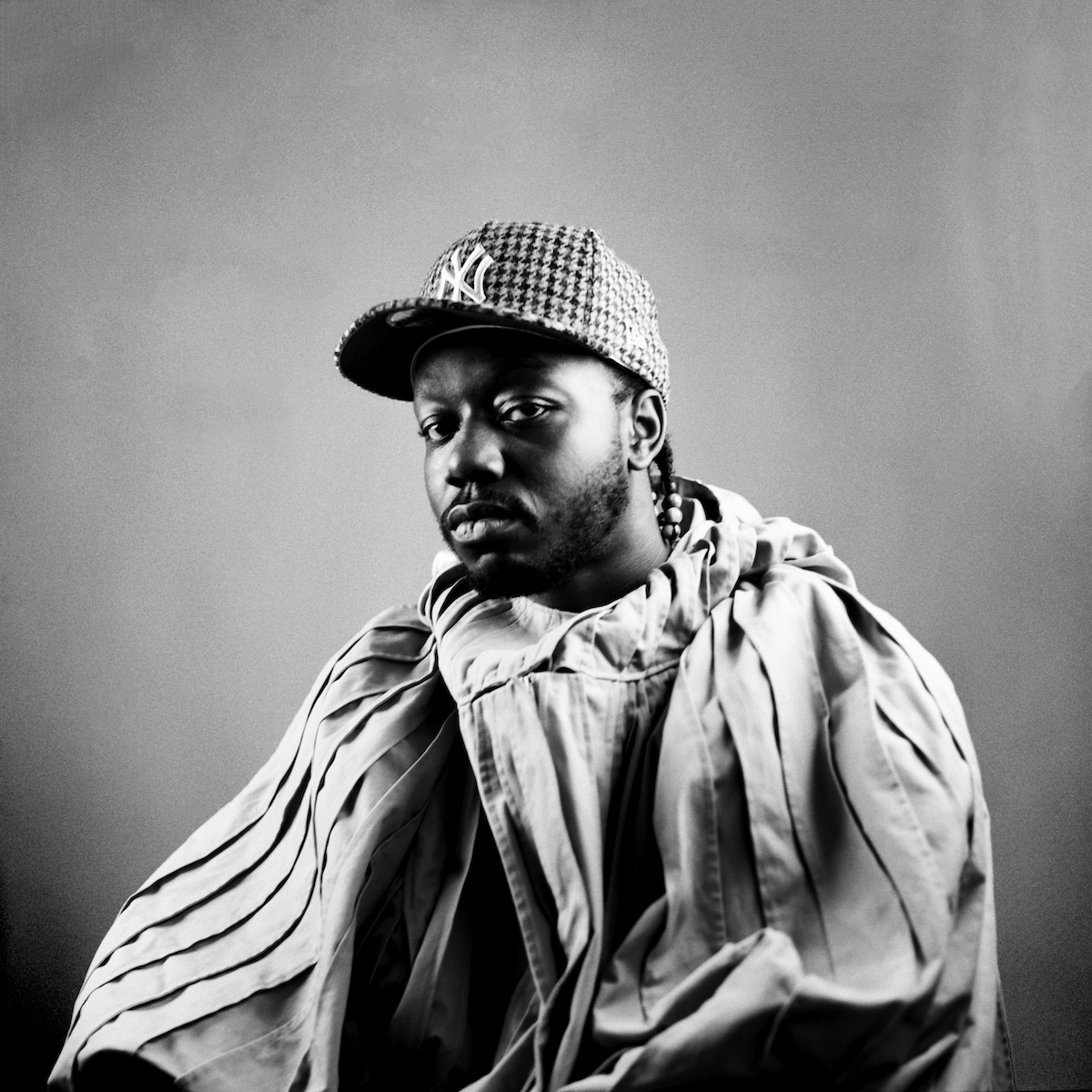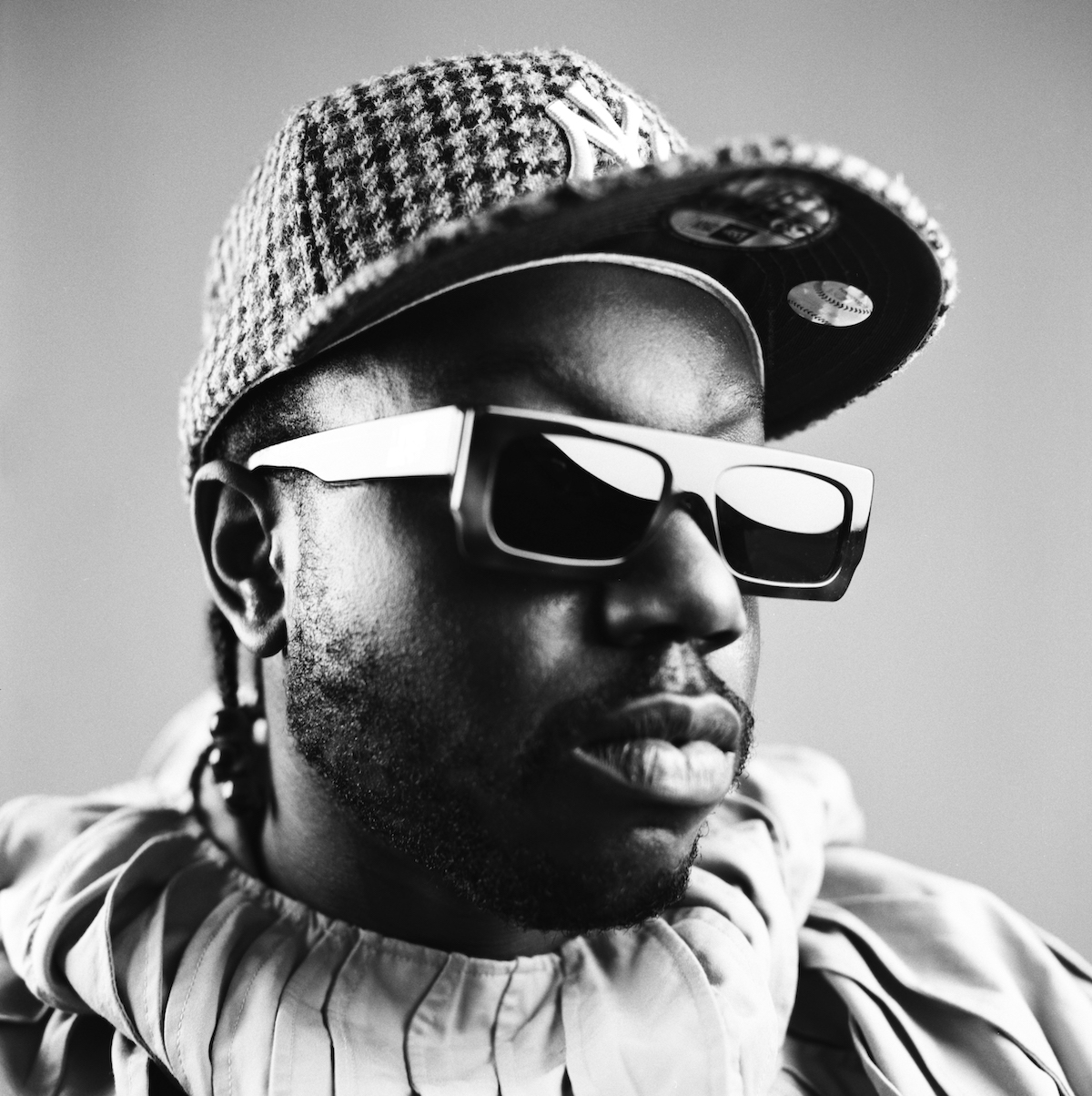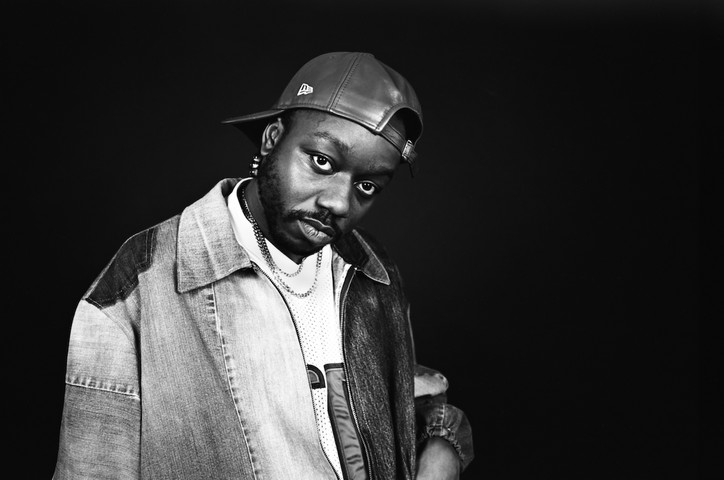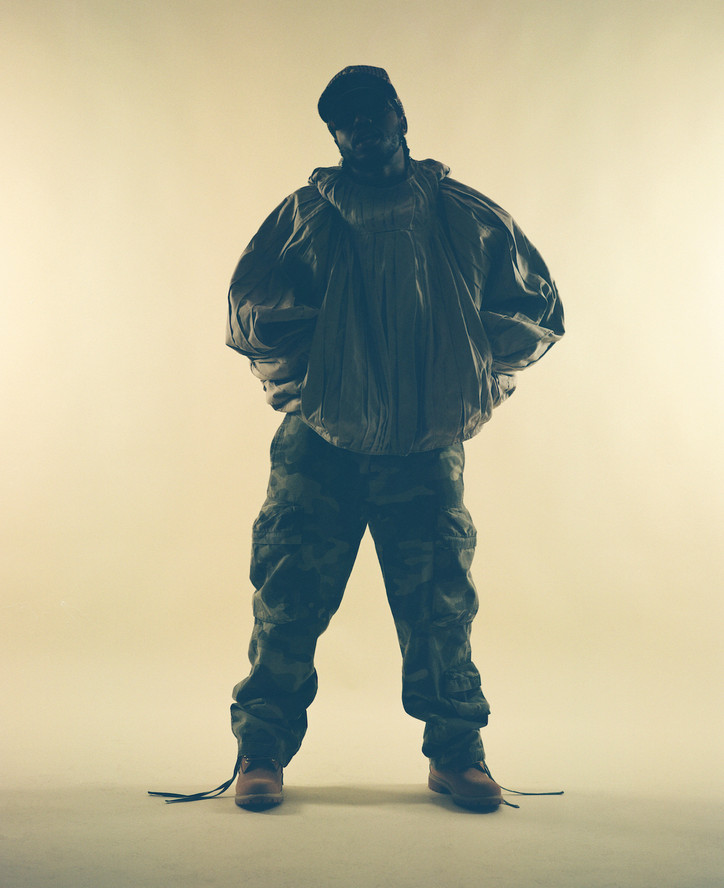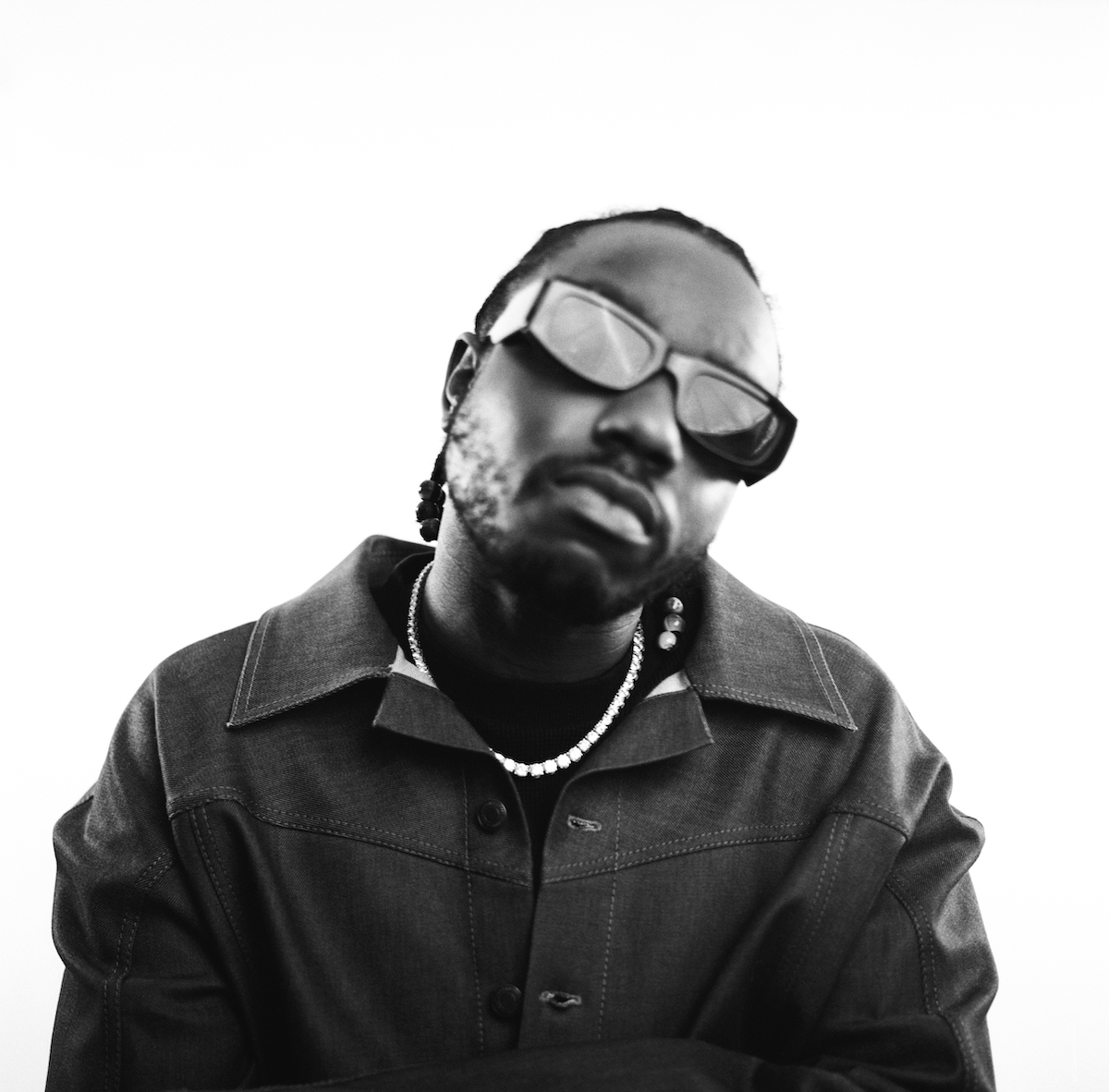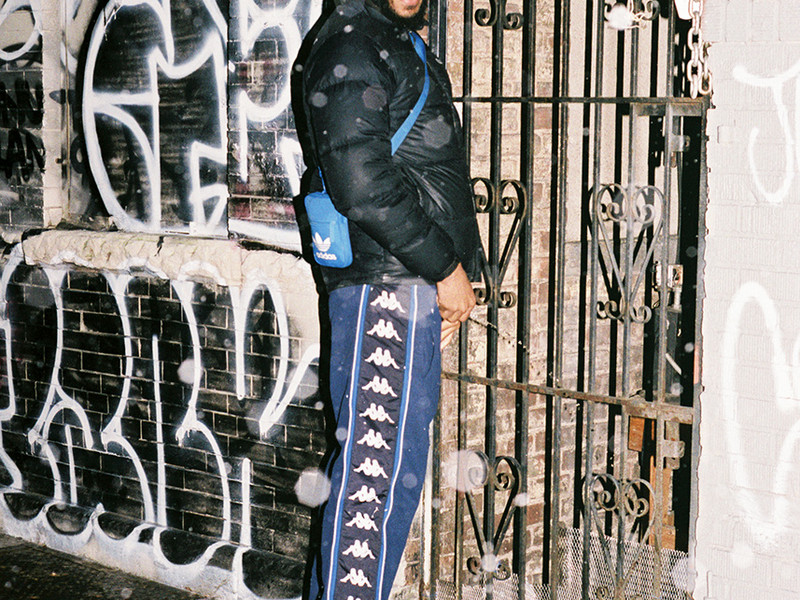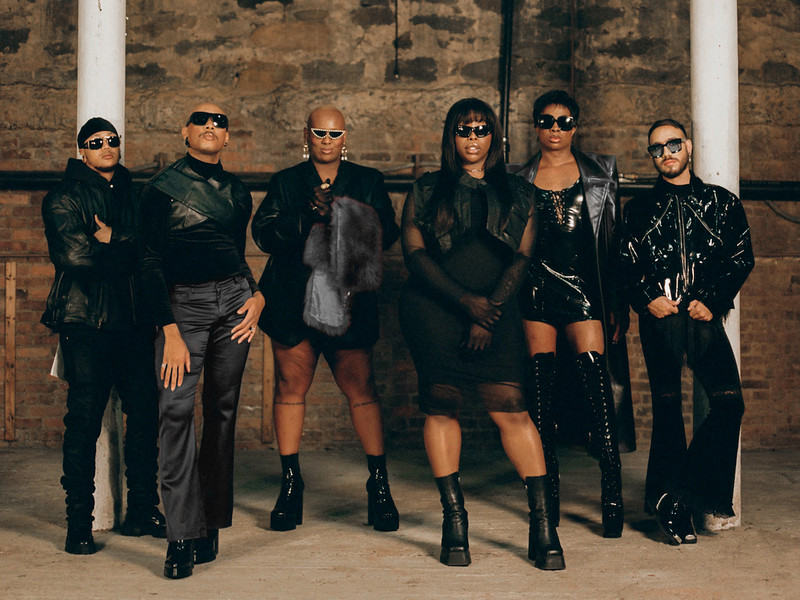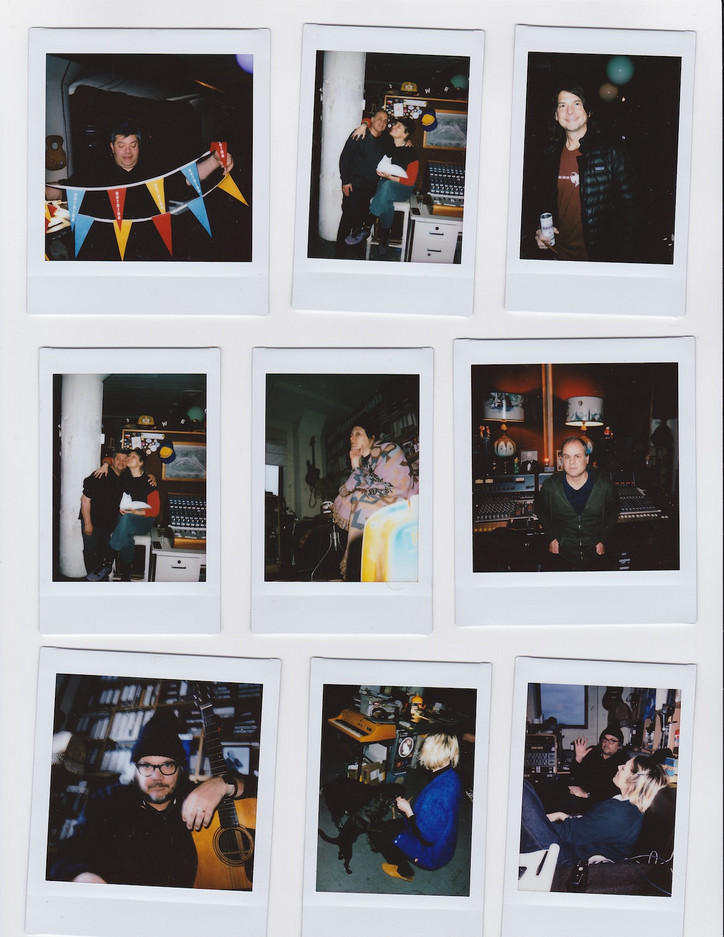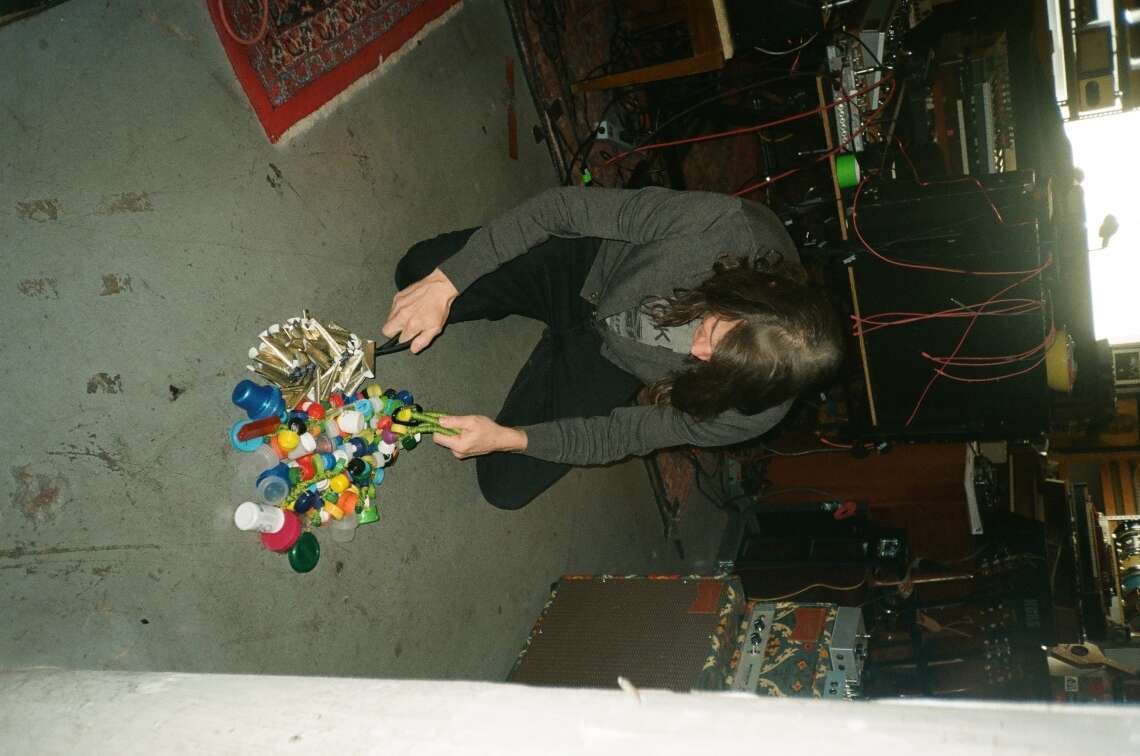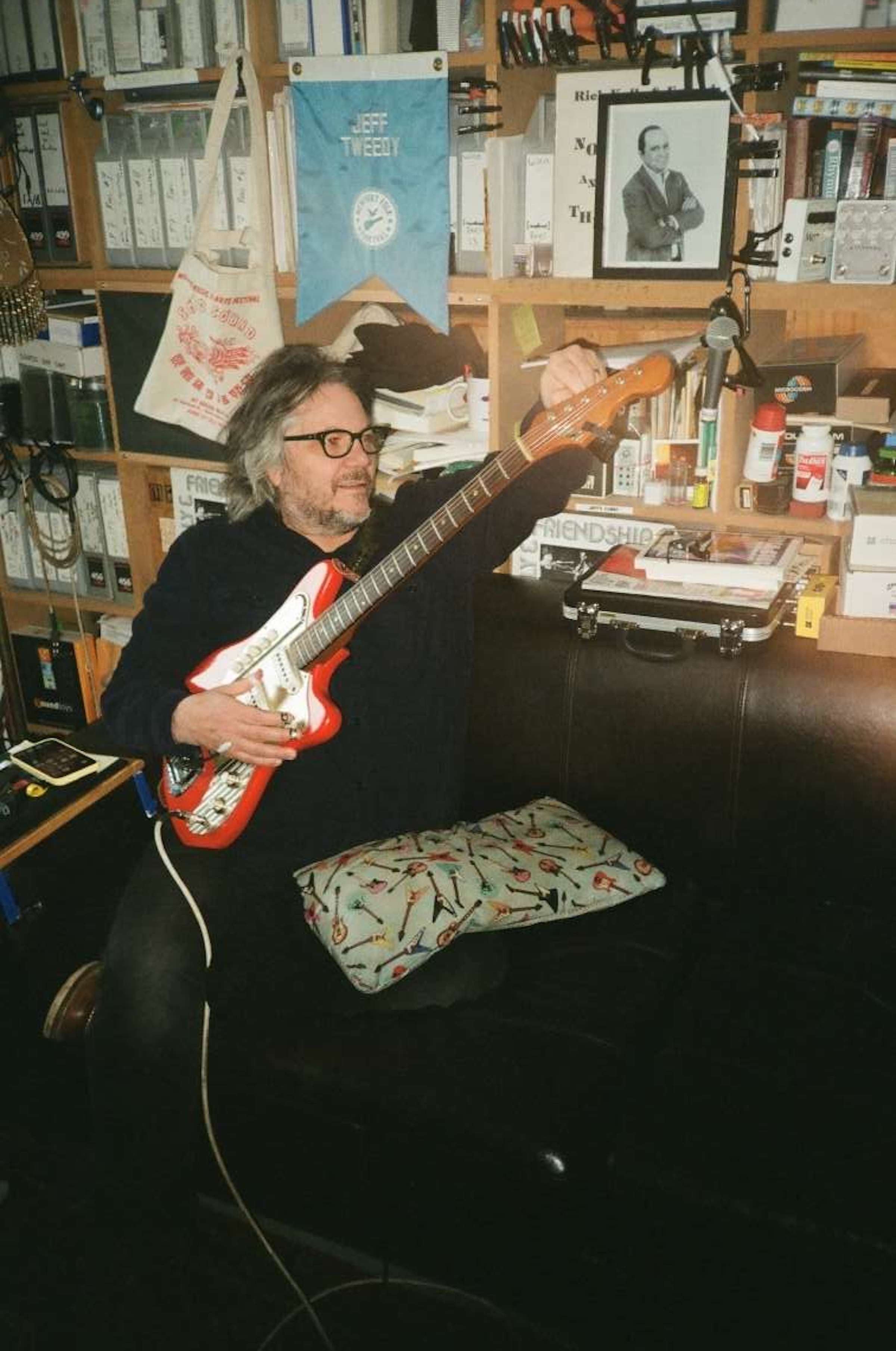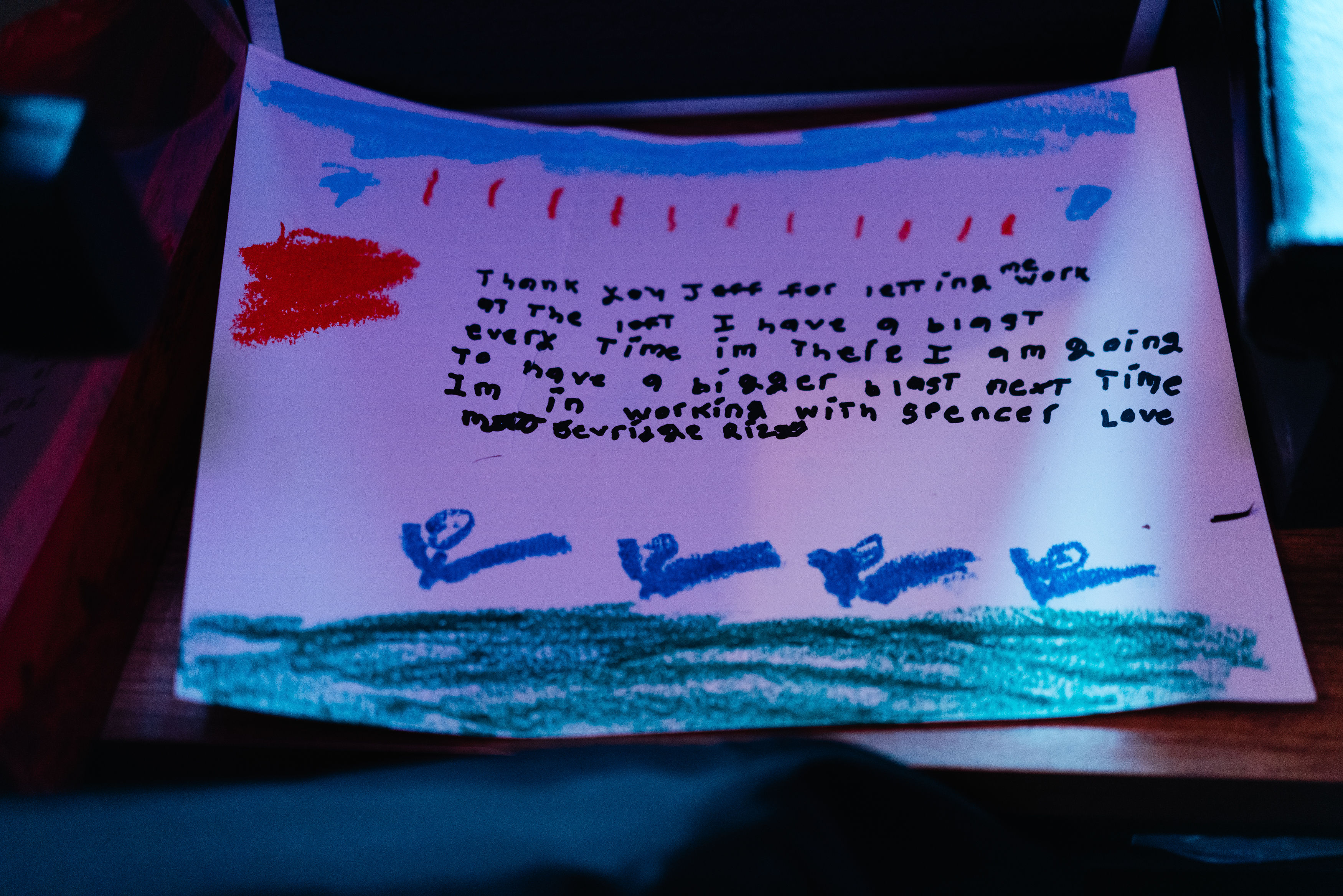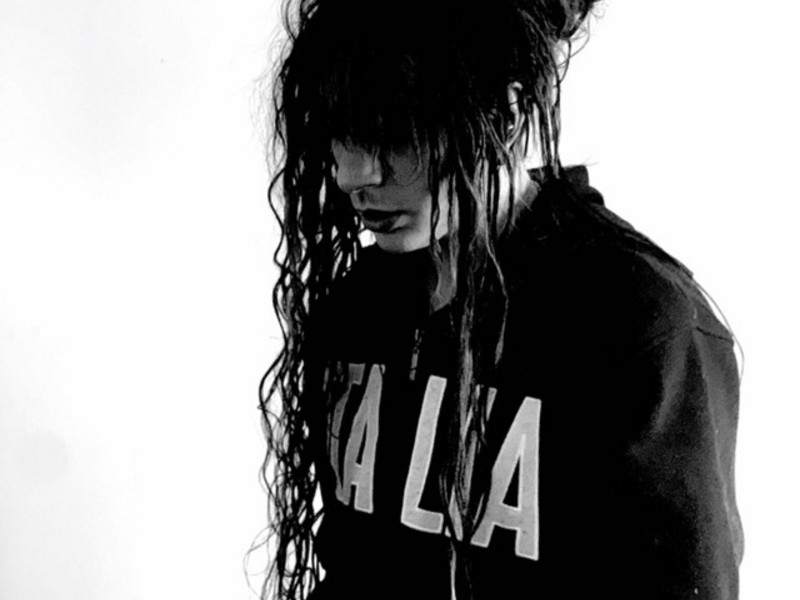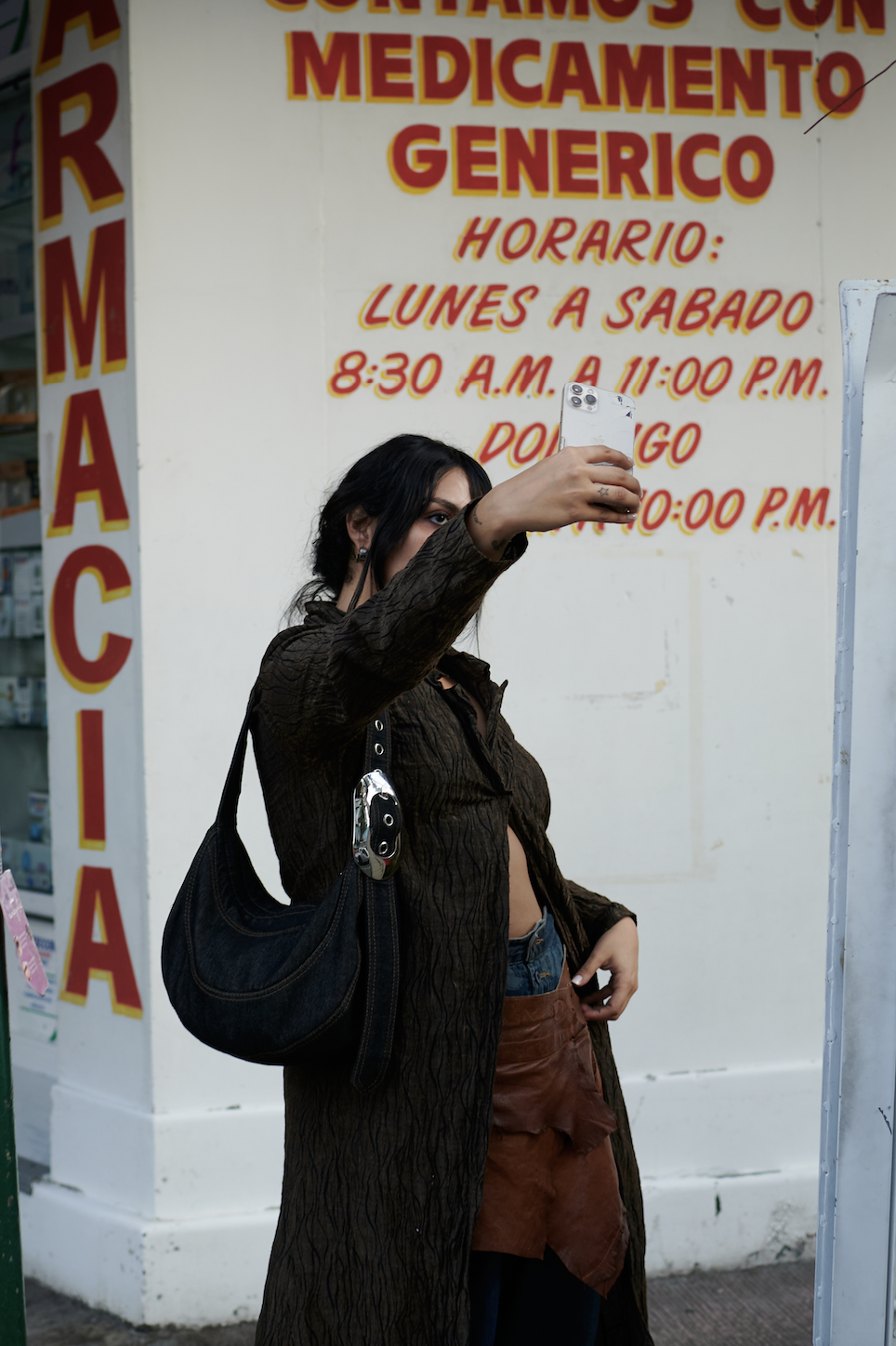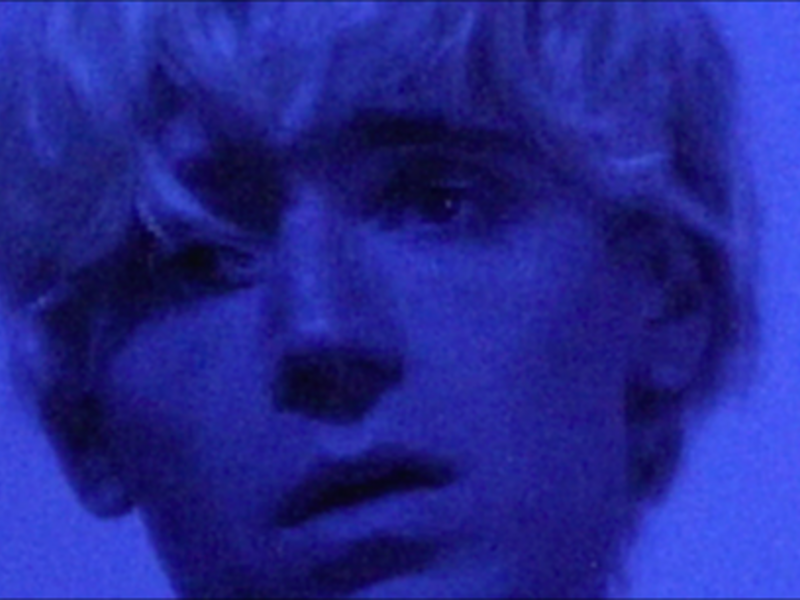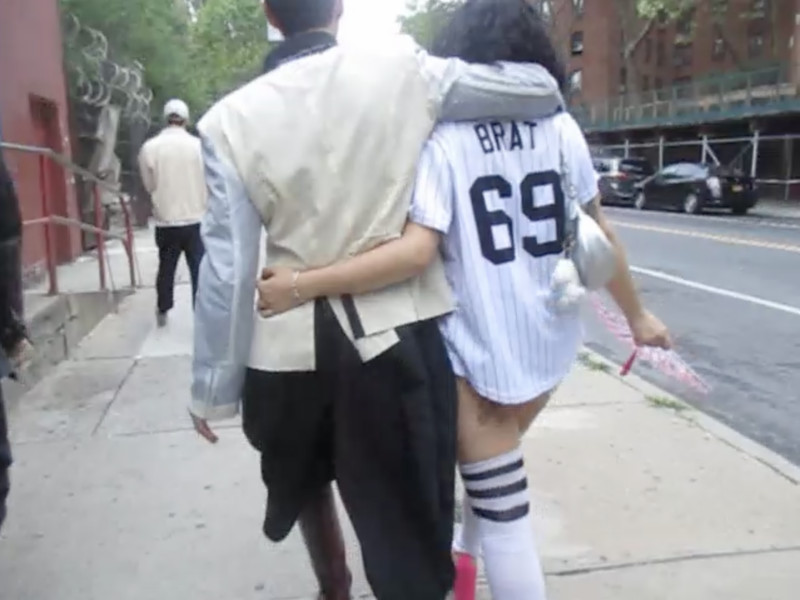MS— Please tell a little about the process of picking your favorite songs. There are some usual suspects such as songs by Patti Smith, Bob Dylan, Rolling Stones and The Beatles, but there are also quite a lot of more exotic choices. To me it is quite a statement that the first song in the book — the opener — is “Smoke on the Water” by Deep Purple. That is not a subtle opener by the lead singer of esteemed and critically acclaimed county band Wilco.
JT— I understand what you are getting at here. Smoke on the Water is of course a massive hit, and not a particularly academic choice for a best first song out of 50. But for me it has been monumental, and I want to stand by that fact.
MS— Going into the book I expected a kind of best songs cannon, but that’s not really the case, is it? You are on another mission here?
JT— Sure. I accept those kinds of lists — an academic list of good taste versus bad taste, picking the best among the best. But it’s an intellectual exercise trying to weigh what is ultimately weightless. That’s not what I’m trying to do here. I’ve tried to circumvent my intelligence. This is ultimately my very personal list of the 50 songs that have shaped me into the person I am today. Some of these songs qualify for a cannon, and others only make sense to me, because I happened to hear them at that exact time and place in my life.
MS— So it’s less 50 great songs, and more The Story of Jeff Through the Songs That Shaped Him?
JT— Ha. You could say that. But it is both. Because all the songs have had such a monumental impact on my life, and all the songs in the book are undeniably great songs.
MS— Were there always only these 50 songs or were there mora at one point and you edited it down to the final 50?
JT— There were a lot more. Once I did the first draft, I ended up with way more songs than I needed. From there it was a question of editing it down to 50. Scraping a song, but keeping a passage I liked, trying to find another suitable place for it to go. In that kind of way it was very much like song writing, stitching together the whole thing until you have a finished volume.
MS— And you even made room for a hate song or two.
JT— Right. Ha. I felt like we were getting to a point where the book could do with a little less fandom — a little less of me loving some other songwriter, it got to a point where it felt a little boring. And I took it out on Jon Bon Jovi. Here in the States, he is still massive, super huge. And it’s really not my thing. I felt it would be good for the overall balance with a little hate, a little mirth — and I’m positive that Bon Jovi’s self-esteem can handle the blow perfectly fine.
MS— And a love-hate — or maybe more correctly a used-to-hate-now-transformed-into-love song by ABBA.
JT— Sure. It’s a question of redeeming yourself or evolving, maybe also about getting more self-confident with age. I used to loath ABBA, because that is what serious musicians are supposed to do, but there is no denying the sheer power of an ABBA song. Now I love it, and every time some musician tells me they hate ABBA I reply that they should try writing an ABBA song. It’s really not easy – it’s a craft and it brings joy to the listener, and you have to honor that.
MS— In the book you write that “it feels good to stop hating something.”
JT— It surely does, right!
MS— When writing the book did you listen to the songs you picked as you wrote about them?
JT— As a general rule I didn’t. I have checked all quotations of lyrics out of respect for the song writers, but I tried not to listen to the songs before finishing the book, basing my writings on my memory. And even some false memories and proper misreading.
